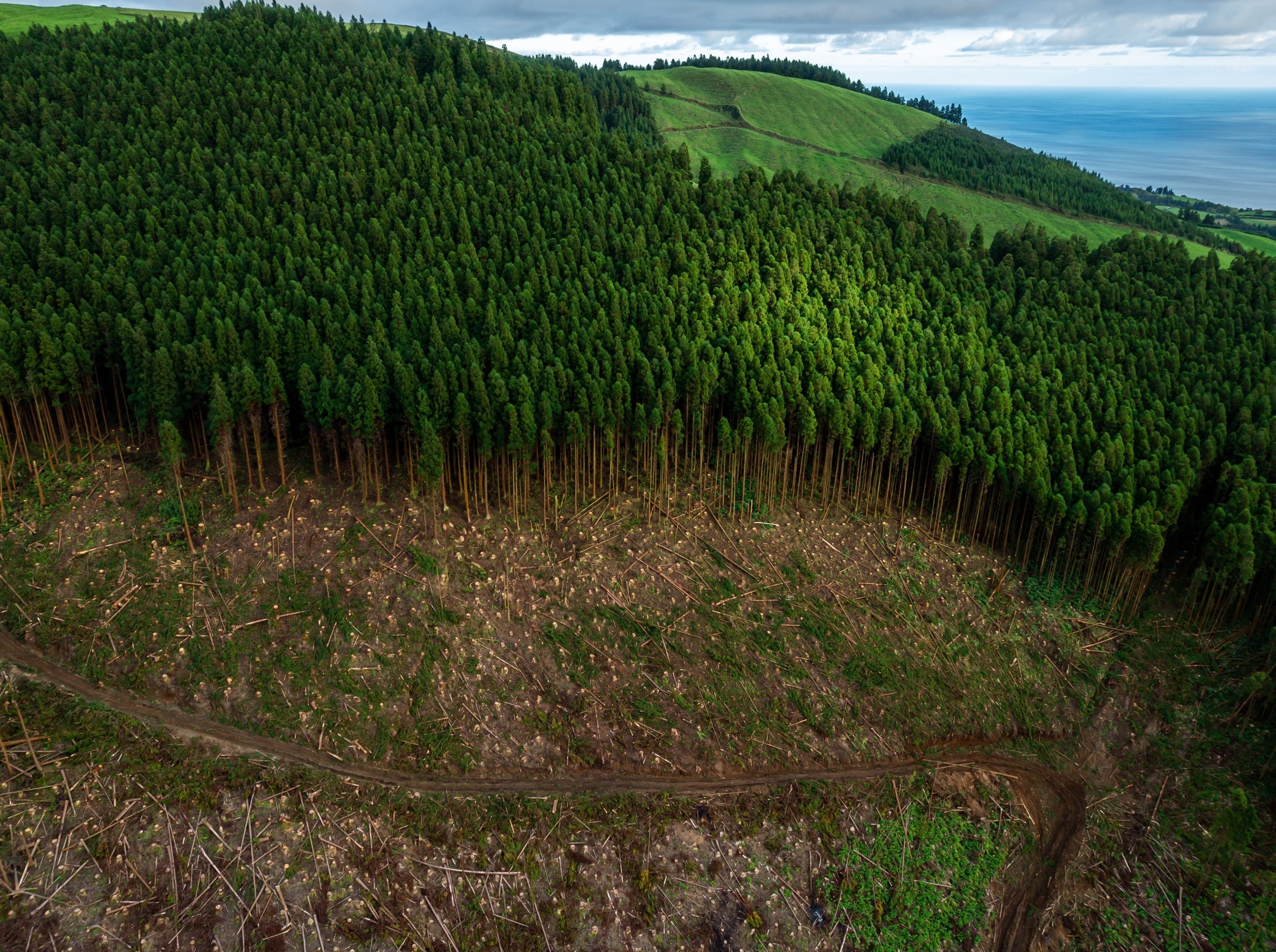)
Biodiversity Assessment
)
Biodiversity assessment represents a critical foundation for informed ESG decisions across global financial markets. As regulatory frameworks tighten and investor demands intensify, organisations can no longer afford to overlook the environmental risks embedded within their portfolios. Modern biodiversity assessment combines traditional field methodologies with cutting-edge technologies, enabling expert analysis of species populations, habitat quality, and ecosystem health. These comprehensive evaluations help financial institutions, asset managers, and corporates make data-driven decisions that align with sustainability objectives whilst managing nature-related risks effectively.
Advanced Biodiversity Assessment Methods and Technologies
Contemporary biodiversity assessment leverages sophisticated methodologies that transform how organisations evaluate environmental impacts and opportunities across their operations.
Traditional Field Methods and Modern Enhancements
Species monitoring and habitat evaluation techniques form the cornerstone of robust biodiversity assessment programmes. Field-based approaches, including transect surveys and quadrat sampling, provide essential baseline data for understanding ecosystem dynamics. Modern enhancements integrate digital data collection systems with traditional methodologies, ensuring quality assurance protocols deliver reliable information for portfolio-wide assessments. These standardised approaches enable organisations to use consistent metrics across diverse geographical locations, supporting comprehensive risk evaluation and regulatory compliance. Camera trap networks and acoustic monitoring systems complement direct observation methods, capturing wildlife behaviour patterns and population trends that inform strategic conservation investments.
Technology-Driven Assessment Solutions
Remote sensing and satellite monitoring capabilities revolutionise large-scale biodiversity assessment through continuous environmental surveillance. Environmental DNA analysis provides comprehensive species detection capabilities, identifying organisms present in ecosystems without direct observation. AI-powered data processing and pattern recognition systems analyse vast datasets, detecting subtle environmental change indicators that traditional methods might miss. Real-time monitoring systems enable dynamic risk assessment, providing organisations with immediate alerts about emerging threats to biodiversity resources. These technological solutions support adaptive management strategies, helping organisations respond quickly to environmental changes that could impact business operations or investment performance.
ESG Integration and Risk Management Applications
Biodiversity assessment integrates seamlessly with existing ESG reporting frameworks, providing quantitative metrics that support investment decision-making and regulatory compliance. Portfolio risk assessment capabilities enable financial institutions to screen investments against biodiversity criteria, identifying potential liabilities and opportunities within their holdings. Regulatory compliance support addresses emerging requirements including TNFD recommendations and EU taxonomy alignment, helping organisations navigate complex environmental regulations. Investment decision support through biodiversity metrics enables asset managers to incorporate nature-related considerations into their fundamental analysis processes. These applications help to build robust ESG strategies that address future regulatory requirements whilst meeting national and international sustainability targets.
Implementation and Client Success
Customised assessment frameworks accommodate different sectors' unique biodiversity challenges, from agriculture and mining to infrastructure development. Case studies demonstrate measurable outcomes across diverse industries, showing how organisations like multinational corporations have successfully integrated biodiversity considerations into their operations. Ongoing support and data updates ensure assessments remain current and relevant, whilst integration with existing client systems minimises implementation complexity. These comprehensive assessments also provide the foundation for nature-positive strategies that create competitive advantages whilst contributing to global conservation objectives.
Related Articles
You might be interested in these articles
Get in touch!
Want to know more? Fill out the form or reach us directly via email at contact@icebergdatalab.com.
75009 Paris
EC2Y 9DT London
60327 Frankfurt am Main, Frankfurt
Beverly, MA 01915





)
)
)
)
)









